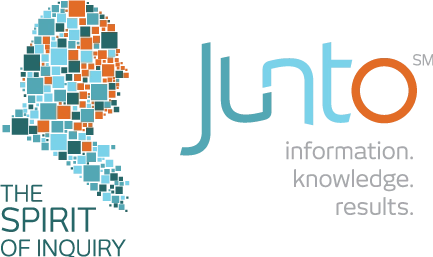Sixth Circuit Thinks Differently Than Third Circuit on e-Discovery Costs
Sixth Circuit Thinks Differently than Third Circuit on Taxing Costs of E-Discovery.
Overview: The Sixth Circuit recently addressed the issue of whether and to what extent the costs of conducting e-discovery can be taxed to the losing party under 28 U.S.C. § 1920. The plaintiff in Colosi v. Jones Lang LaSalle Americas, Inc., 781 F.3d 293, 297-98 (6th Cir. 2015), lost a wrongful termination case against the defendant, her former employer. The plaintiff sought to exclude from taxable costs, among other things, the cost of imaging the hard drive of her personal computer. Both the District Court and the Sixth Circuit ruled against the plaintiff and allowed the employer to recover those imaging costs, approving more than $6,000 in costs versus the plaintiff’s request for $250.
Summary: The Sixth Circuit grounded its conclusion in the plain language of the statute, which authorizes courts to tax “the costs of making copies of any materials where the copies are necessarily obtained for use in the case.” 28 U.S.C. § 1920(4). Colosi, 781 F.3d at 296. After examining dictionary definitions, the Court concluded that “imaging a hard drive falls squarely within the definition of ‘copy.’” Id. at 297.
The Colosi Court distanced its conclusion from the Third Circuit’s analysis in Race Tires Am., Inc. v. Hoosier Racing Tire Corp., 674 F.3d 158 (3d Cir.2012), a case in which “the prevailing party sought to recover the entire cost of its electronic discovery, including imaging hard drives, deduplicating image files, populating a database, reviewing the files for discoverable information, redacting privileged information, converting the responsive documents to an agreed-upon format, and burning these document files onto a DVD for production.” Colosi, 781 F.3d at 297. The Third Circuit construed the phrase “making copies” in § 1920(4) to exclude most of these processes in light of historical context and the Supreme Court’s traditionally narrow reading of § 1920, and it compared many of these processes to untaxable discovery procedures from the pre-digital era like visiting a client’s records room, searching for responsive documents, copying the relevant papers, and bringing them back to the law firm for review and redaction. Colosi, 781 F.3d at 297. According to the Sixth Circuit’s characterization of the Third Circuit’s analysis, only “converting responsive documents to an agreed-upon format and burning those files onto a DVD were similar enough to the pre-digital act of photocopying to be ‘the functional equivalent of ‘making copies.’” Id.
But the Sixth Circuit did not believe that was the appropriate inquiry. The question is not “whether imaging is the ‘functional equivalent’ of making photocopies in the era before electronic discovery because—consistent with the 2008 amendments—the procedure comes within the ordinary meaning of ‘making copies of any materials.’” Id. Instead, the proper inquiry is whether the prevailing party necessarily obtained its copies for use in the case, the answer to which will vary depending on the circumstances. Id. at 298. In the Colosi case, because the contents of the plaintiff’s personal computer were relevant to the case and responsive to legitimate discovery requests, and the only way the plaintiff made those contents available to the defendant was by presenting her computer and demanding that a third-party vendor image its hard drive under her attorney’s supervision (rather than producing only the relevant and responsive computer files herself), the Court had no trouble concluding that the costs of that imaging were taxable. In so holding, the Court seemed to suggest that it was the actions of the plaintiff herself that forced the costs of the imaging: “Colosi’s decision to tender the physical computer forced JLL to dispatch a vendor and make an image before it could search the hard drive for discoverable information, as the district court determined it had a right to do. JLL sent a vendor to image the hard drive not as an expedient; this was the sole avenue permitting review of Colosi’s files. We analogize this situation to the more typical—and taxable—cost of a party delivering an image file in response to an opponent’s production request.” Id. at 298.


